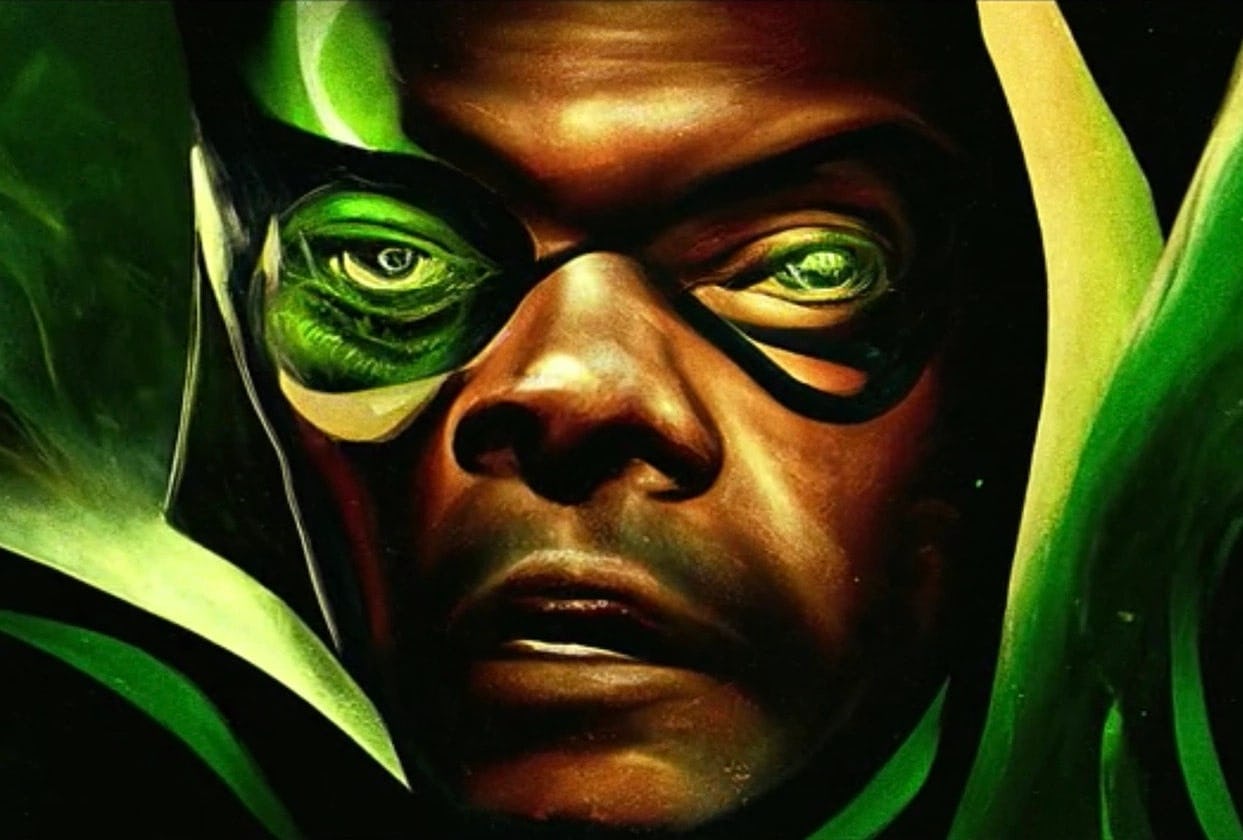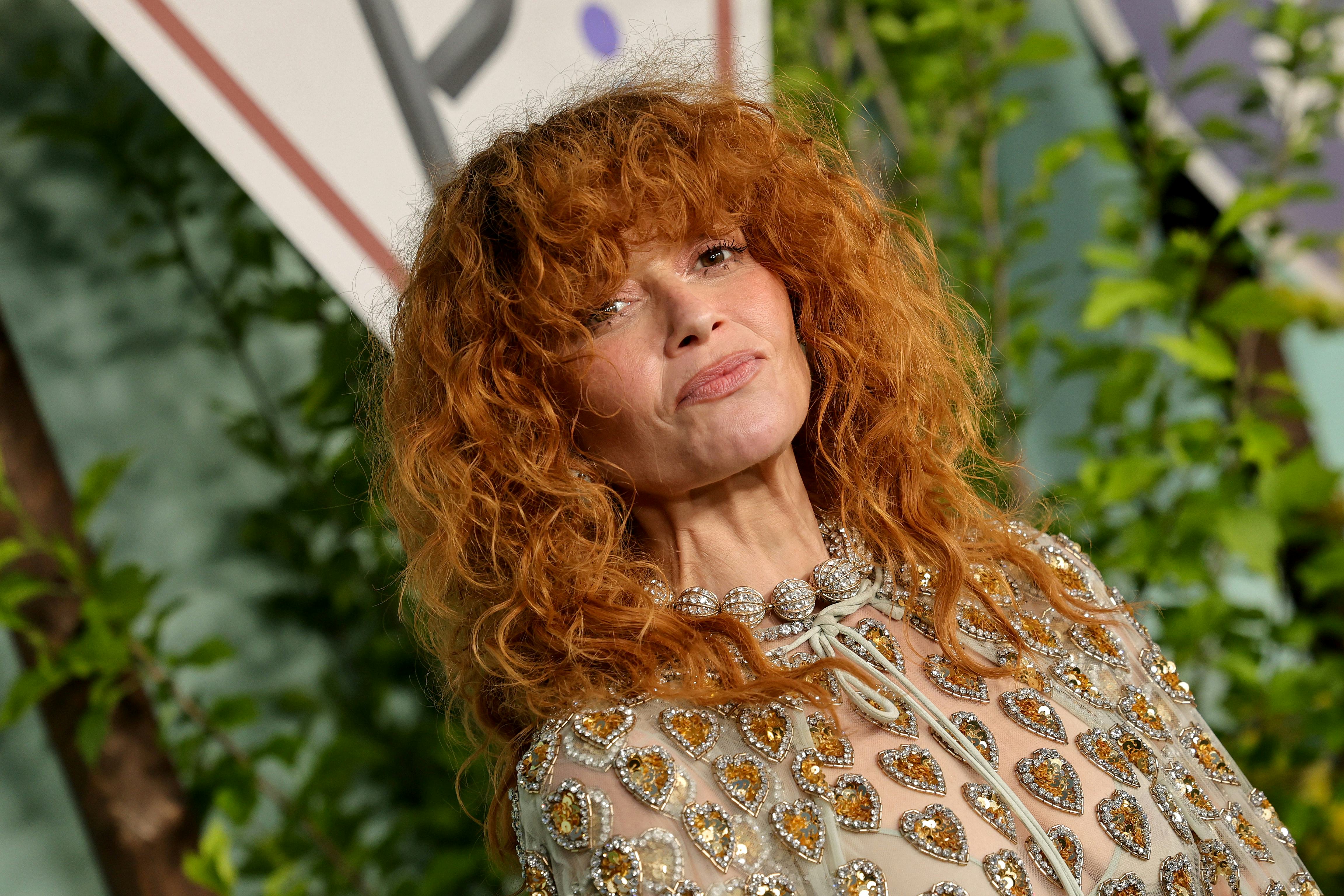
It wasn’t too long ago that using AI in TV and movie productions was just a novelty. In 2023, Secret Invasion used AI art in its opening sequence, Damon Lindelof made a whole show about a nun fighting a massively popular AI, and Ethan Hunt fought an evil AI in Mission: Impossible — Dead Reckoning.
Now, two years later, AI has quickly evolved to a major player — and, possibly, competitor — in Hollywood. All of a sudden, updates are pouring out about AI playing a bigger role in the film and TV production. But is this the start of a trend or a new normal for how our media is made?

Major filmmakers collaborating with AI more or less began with James Cameron joining the board of AI company StabilityAI in 2024, but Joe Russo of the Russo Brothers said in 2023 that he was on the board of a few AI companies and predicted the first AI-generated movie would come in 2025. That didn’t come true, but he would defend his own use of AI in the (frankly unwatchable) Netflix movie The Electric State, and AI was used to perfect actors’ Hungarian speech in The Brutalist.
Now, more and more studios and filmmakers are announcing collaborations with AI companies. Variety reports that Natasha Lyonne will direct Uncanny Valley, a movie that blends traditional filmmaking with “Ethical” AI usage. Lyonne is also the co-founder of the film’s production company Asteria, which describes itself as an “artist-led, ethical AI film and animation studio.”
Requiem for a Dream’s Darren Aronofsky also launched his own AI-focused production company, Primordial Soup, and has already partnered with Google to create three different AI-generated short films with three filmmakers.

And this trend isn’t just limited to Hollywood. Toei Animation, the studio behind the long-running anime series One Piece, announced a partnership to collaborate with Preferred Networks, Inc. to use AI in various stages of production, including storyboarding, coloring, and generating backgrounds from a photograph. After fan backlash, Toei clarified that while they hope to implement these AI usages in the future, as it stands, there is no AI being used in production at all.
So is this the start of a new normal in filmmaking? It seems like each of these recent announcements exist in the context that AI filmmaking is a new — and controversial — frontier, and some, like Lyonne’s Asteria and Toei’s usage, at least places some guardrails so traditional techniques are still in the mix. But we may just see a sea change in how Hollywood treats AI, at least until we see some finished products.







